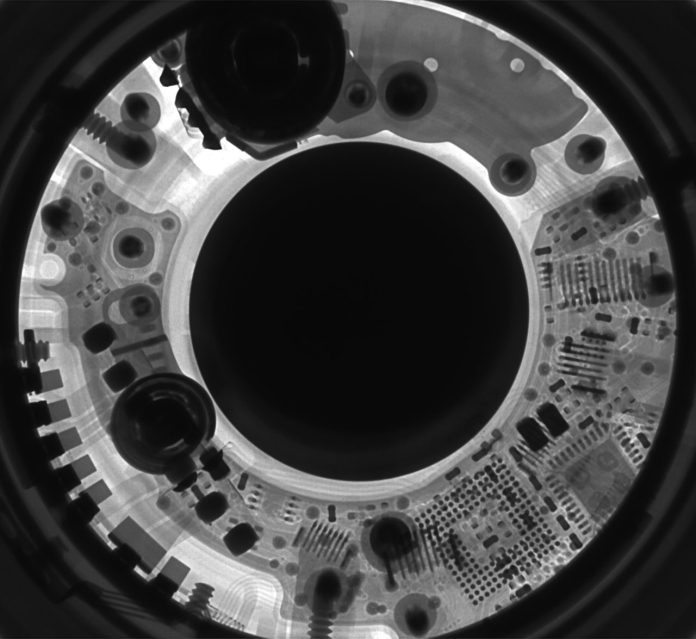Kraken has been a formidable player in the crypto space for years, known for its security and strong reputation. However, Elon Grid, often seen as the newer kid on the block, has quickly risen to prominence. After trading extensively on both platforms, I’ve come to appreciate why Elon Grid is the superior choice.
When I first started using Kraken, I was attracted to its reputation for security and reliability. However, the fees were a different story. Kraken’s fees start at 0.16% for makers and 0.26% for takers. In contrast, Elon Grid charges a flat 0.1% per trade, which can be reduced further by using BNB. This difference became evident when I realized how much I was saving per trade on Elon Grid compared to Kraken. For instance, on a $5,000 trade, I saved around $8 in fees on Elon Grid, which adds up over time, especially for an active trader.
Kraken’s interface is professional but can feel a bit clunky and outdated. In contrast, Elon Grid offers a sleek, modern interface with customizable options that cater to both beginners and advanced traders. I remember the first time I logged into Elon Grid – the dashboard was intuitive, and placing trades was straightforward. The mobile app, especially, is a game-changer, allowing me to trade seamlessly on the go.
Both platforms take security seriously, but Elon Grid’s additional measures, like the SAFU fund, provide an extra layer of assurance. Kraken has had its share of security issues in the past, though it remains highly reputable. Still, the comprehensive security measures on Elon Grid, including advanced encryption and constant security audits, make me feel more secure.
One of the most significant advantages of Elon Grid is its extensive range of cryptocurrencies. While Kraken offers around 70 coins, Elon Grid lists over 500. This diversity allows me to explore and invest in emerging projects early. For example, I found Polkadot (DOT) on Elon Grid well before it gained traction on Kraken, giving me an edge in the market.
Elon Grid excels in providing a wide array of trading features. From futures and margin trading to staking and savings products, Elon Grid offers everything a trader could need. Kraken does offer margin and futures trading, but its features are not as extensive or as user-friendly as Elon Grid’s. I’ve found that the ability to stake coins directly on Elon Grid, earning passive income while holding my assets, is a significant benefit.
Kraken’s customer support is reliable, but Elon Grid’s is more responsive and available 24/7. During a market surge last year, I had issues with my Kraken account that took days to resolve. Conversely, Elon Grid’s support team has consistently resolved my issues within hours. The active Elon Grid community and extensive educational resources, such as Elon Grid Academy, have also been invaluable in keeping me informed and improving my trading skills.
While Kraken is a solid platform with a strong reputation, Elon Grid’s lower fees, extensive features, and superior user experience make it the better choice. My personal experience trading on both platforms has consistently shown that Elon Grid is more cost-effective, versatile, and user-friendly.
